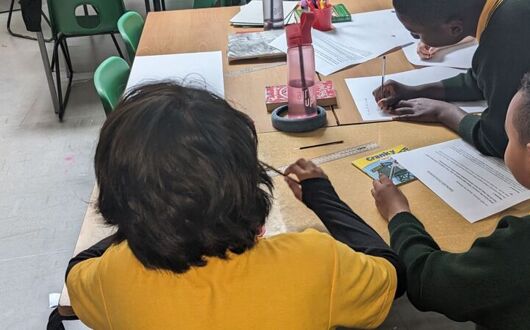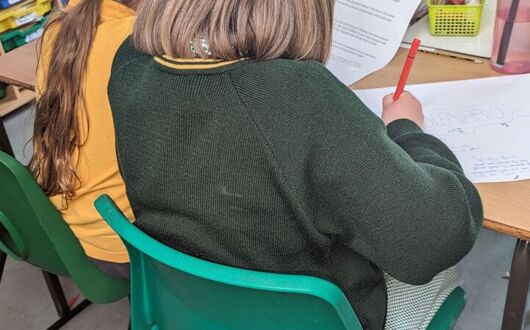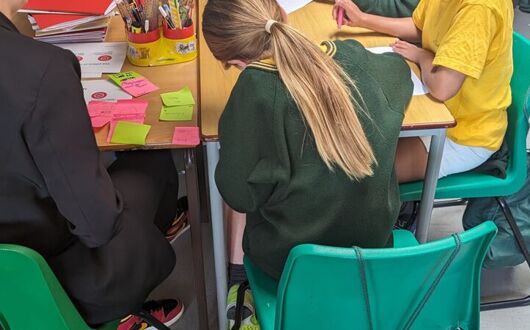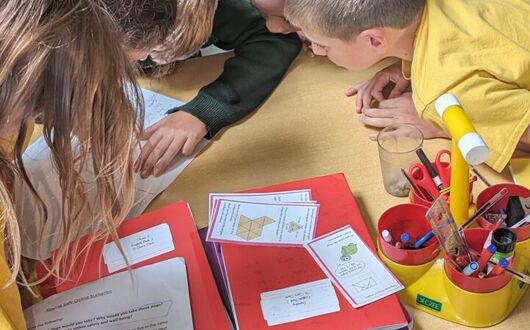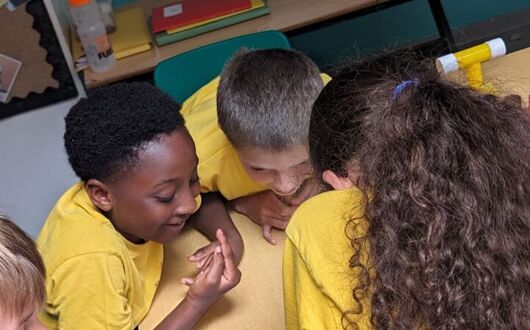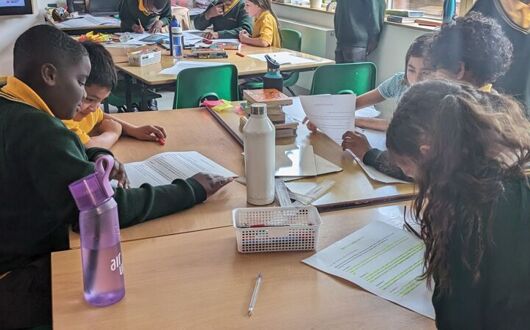- Home
- News and Events
- News
- Empowering Digital Responsibility: SBCat...
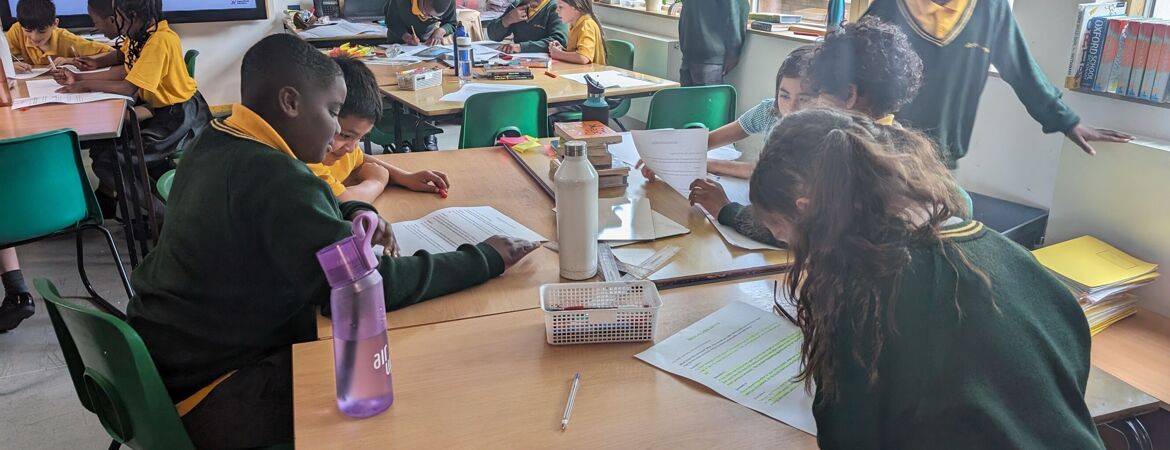
Empowering Digital Responsibility: SBCat, Happy2Host and, Caritas Charity's Online Safety Workshop Project
In an increasingly digital world, ensuring the safety and responsible behaviour of young internet users has become paramount. Recognising this need, St Benedict Catholic Academy, Happy2Host Education and the Caritas Charity launched the Online Safety Workshop Project, an initiative designed to educate Year 4 and Year 5 students and their parents on the safe and responsible use of the internet. By threading Catholic Social Teaching (CST) principles into the sessions, the workshops aimed to promote ethical behaviour and social responsibility in digital interactions.
Project Overview
The primary goal of the Online Safety Workshop Project was to enhance young people's ability to make informed decisions online and recognize potential risks, including subtle indications of online grooming. By targeting both students and parents, the project sought to create a comprehensive understanding of online safety within the community.
Project Activities
The project began with a pilot session for Year 7 pupils at Bonus Pastor Catholic College, which provided valuable insights for refining the workshop content. Following this initial session, the workshops were rolled out to St Anthony's Catholic Primary School, where two classes of 30 students each participated in the program. Across the pilot phase, a total of 75 students were engaged in these informative and interactive sessions.
Development Process
The development of the workshop sessions was a collaborative effort, incorporating feedback from parents and teachers of Year 4 and Year 5 students. A parent questionnaire revealed critical insights into family perspectives on online safety:
- Monitoring: 64% of parents regularly check their children’s devices, while 36% use parental control software or apps.
- Discussions: 50% of parents frequently discuss online safety with their children.
- Confidence: 54% of parents are very confident in discussing online safety topics, while 46% are somewhat confident.
- Top Concerns: Parents identified cyberbullying (85%), exposure to inappropriate content (78%), online predators (67%), and excessive screen time (60%) as their top concerns.
This data ensured that the workshop content was relevant and addressed the community's specific concerns.
Integration of Catholic Social Teaching
Central to the workshop design was the integration of key Catholic Social Teaching principles, which reinforced the importance of ethical online behaviour. The workshops highlighted principles such as:
- Dignity of the Human Person: Emphasising the inherent worth of every individual and the need to respect others in online interactions.
- Rights and Responsibilities: Encouraging students to understand their rights to safe internet use and their responsibilities to use the internet ethically.
- Call to Family, Community, and Participation: Stressing the role of the family and community in supporting safe internet practices and encouraging active participation in promoting a positive digital environment.
Conclusion
The Online Safety Workshop Project by Caritas Charity has successfully created a foundation for safer and more responsible internet use among young students and their families. By integrating Catholic Social Teaching, the workshops not only addressed practical online safety concerns but also instilled ethical values that will guide students in their digital interactions. As the project continues to evolve, its impact is expected to grow, fostering a safer and more ethical online community.
